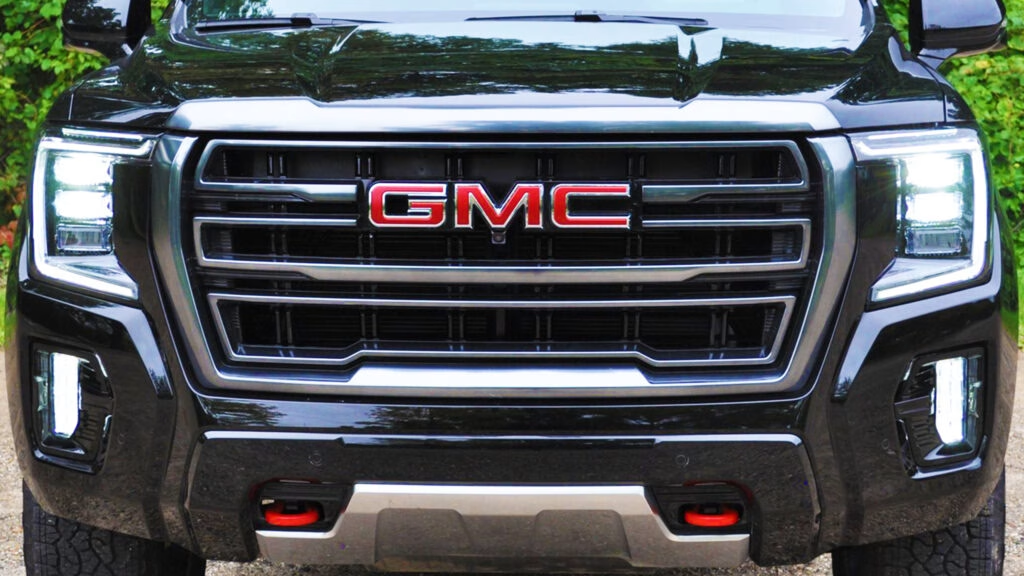Why Are GM’s V8 Engines at the Center of a Lawsuit?
If you drive a late-model Chevrolet Silverado, GMC Sierra, or a Cadillac Escalade, you’ve probably heard the rumblings—literally and figuratively—about GM’s 6.2-liter V8 engines. A new class action lawsuit filed in Michigan federal court claims that these engines are prone to premature bearing failure, which can lead to catastrophic engine breakdowns. The kicker? Plaintiffs allege that GM has known about this issue for years but failed to come clean with customers.
The lawsuit doesn’t just stop at mechanical woes. It accuses GM of violating both state and federal consumer protection laws, essentially arguing that the automaker misled buyers by touting these vehicles as safe and reliable. For owners, the frustration runs deep. Imagine investing in a flagship truck or SUV, only to find out that a hidden defect could leave you stranded—or worse, facing a massive repair bill.
Which GM Models Are Affected by the V8 Engine Defect?
Let’s get specific. The recall and lawsuit focus on GM’s 6.2-liter L87 V8 engine, found in a range of popular 2020-2024 models. Here’s a quick rundown of the vehicles in question:
– Chevrolet Silverado 1500
– Chevrolet Suburban
– Chevrolet Tahoe
– GMC Sierra 1500
– GMC Yukon and Yukon XL
– Cadillac Escalade and Escalade ESV
According to the National Highway Traffic Safety Administration (NHTSA), nearly 900,000 vehicles equipped with this engine are under investigation. In April, GM recalled almost 600,000 of these trucks and SUVs after reports of engine failures surfaced. That’s not a small number—it’s a significant chunk of GM’s recent full-size lineup.
What’s the Real Issue With the L87 V8 Engine?
At the heart of the controversy is the engine’s main bearing. Plaintiffs claim that these bearings are prone to premature wear, leading to oil starvation, metal shavings in the oil, and, eventually, total engine failure. Some owners have reported engines seizing while driving—an unnerving and potentially dangerous scenario.
What’s especially troubling is the assertion that regular maintenance, like oil changes, won’t prevent the problem. The lawsuit points out that even with diligent care, the defect can still surface, undermining the trust owners place in their vehicles.
How Has GM Responded to the Lawsuit and Recall?
GM’s official response has been to recall affected vehicles for inspection. Dealers are instructed to check the engines, replace any that show signs of damage, and, if the engine passes inspection, refill it with 0W-40 oil, swap the oil filter, and install a new oil cap. Sounds thorough, right? Not so fast.
Plaintiffs argue that this fix is little more than a band-aid. They claim it doesn’t address the underlying mechanical flaw and leaves owners at risk for future failures. In fact, the lawsuit alleges that GM’s recall strategy is more about optics than real solutions—an attempt to appear proactive without truly solving the problem.
What Does This Mean for GM Owners?
For current owners, the uncertainty is maddening. Many are left wondering if their vehicle is a ticking time bomb. The lawsuit claims that had buyers known about the defect, they would have either paid less or avoided the purchase altogether. Some have already faced expensive repairs or diminished resale values, adding insult to injury.
If you’re driving one of the affected models, it’s a good idea to check your VIN on the NHTSA recall website or contact your dealer for the latest updates. Keep detailed records of all maintenance and recall work—these could be crucial if you need to make a claim down the line.
Is There a Broader Pattern With Automaker Recalls?
GM isn’t alone in facing lawsuits over engine defects. In recent years, several major automakers have been hit with class actions and recalls for similar issues—think Hyundai’s engine fires or Ford’s EcoBoost problems. According to a 2023 report from the Center for Auto Safety, engine-related recalls have increased by 18% over the past five years, reflecting both improved defect detection and, perhaps, more complex engine designs.
What’s different here is the scale and the alleged cover-up. Plaintiffs argue that GM’s internal documents show awareness of the defect long before the recall. If proven, this could have significant implications for consumer trust and future litigation.
What Should You Do If You Own an Affected GM Vehicle?
First, don’t panic—but don’t ignore the issue, either. Schedule the recall inspection if you haven’t already. If you notice unusual engine noises, warning lights, or performance drops, get your vehicle checked immediately. Document everything: service visits, conversations with your dealer, and any symptoms you experience.
Consider joining the class action if you’ve experienced engine failure or significant out-of-pocket costs. Legal experts often recommend this route for consumers facing widespread defects, as it can increase your chances of compensation.
The big takeaway? Navigating a recall or defect isn’t about perfection—it’s about smarter adjustments. Start with one change this week—maybe a call to your dealer or a quick VIN check—and you’ll likely spot the difference in your peace of mind by month’s end.

